|
I know even less about writing than medicine. But here's what I've figured out so far. I'm certain in another few weeks/months/years, this information will change dramatically. But for now…. 1) That English writing major? Doesn't help one bit. Neither did that erudite senior seminar paper "Analyzing Literary Analytic Style: The Major Works of Stanley Fish's Literary Criticism." Means nothing in the real world of publishing. (That was a real title for my real senior seminar class that subsequently cemented my desire to study harder for the MCAT and go into medicine and NOT shoot for a masters in English.) 2) I thought I knew grammar, but apparently 4 years of college and I still don't know where to stick a comma. That's why God made editors. 3) Just when you think the book is perfectly logical and well-thought-out, some smarty pants comes along and totally punches holes all through the book. Stuff you hadn't even considered but then later are like, "Yeah, why DID the hero suddenly leave? That makes no sense." 4) A good editor is worth their weight in gold. And chocolate. 5) It's easier to negotiate a book series when you've already written the entire series. 6) It's fabulous to have great ideas. It's another thing entirely to get them written down. Coherently. 7) Not a clue about marketing for a romance novel. Not one clue. Still just clicking "favorite" and hoping for the best. Reading lots of articles helps, too. 8) Just when you think there's no way they can fit more muscles on that dude on the front cover, blammo, more muscles. And it's at that point you realize : the cover is better when it's super sexy, not when it's super accurate. And that's a-ok. 9) Don't argue with the publishing machine. They've done this a million times and obviously it works or they wouldn't be in business. You have done nothing prior except for a publish a poem in the Yalobusha Review. (Yes, that' s a thing and yes, I was in it, once upon a time.) Until you become a Nora Roberts, it's ok to defer to someone with more knowledge. Within reason, of course. 10) There's tons of free advice, and most is worth exactly what you paid for it. Pick and choose mentors and information sources carefully. Bonus: Writing the book and finishing the book is only the first 10% of the job. The other 90% is selling the book and writing more books. (And eating chocolate, but that goes without saying.) Leave a Reply. |
Jillian DavidAuthor, daydreamer, and practitioner of trying very hard to duct tape folks together and help when I can. Archives
May 2024
March 2024
October 2023
July 2023
June 2023
April 2023
December 2022
September 2022
August 2022
June 2022
May 2022
February 2022
January 2021
November 2020
August 2020
July 2020
May 2020
January 2020
November 2019
September 2019
August 2019
July 2019
March 2019
November 2018
October 2018
September 2018
July 2018
June 2018
May 2018
April 2018
March 2018
January 2018
December 2017
November 2017
October 2017
September 2017
August 2017
July 2017
May 2017
April 2017
March 2017
February 2017
January 2017
December 2016
November 2016
October 2016
September 2016
August 2016
July 2016
June 2016
May 2016
April 2016
March 2016
February 2016
January 2016
December 2015
November 2015
October 2015
September 2015
August 2015
July 2015
June 2015
May 2015
April 2015
March 2015
February 2015
January 2015
December 2014
November 2014
October 2014
September 2014
August 2014
July 2014
June 2014
Categories
All
Adventures With Hubby
Airports
Author Interviews
Cats
Fastdrafting
Funny Medicine
Hell's Valley Series
Hell To Pay Series
Medicine
Potpourri
Star Trek
Top 10 Lists
Writing
Writing Vs Medicine
Yukon Valley Hospital
|
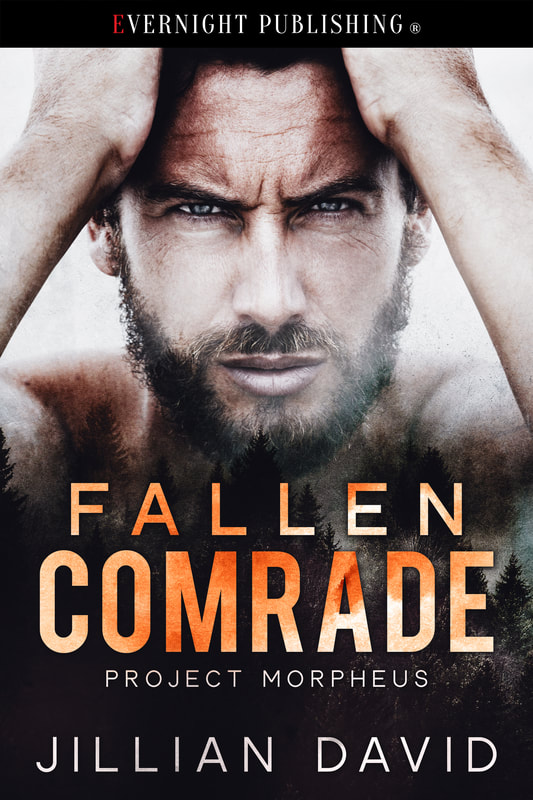
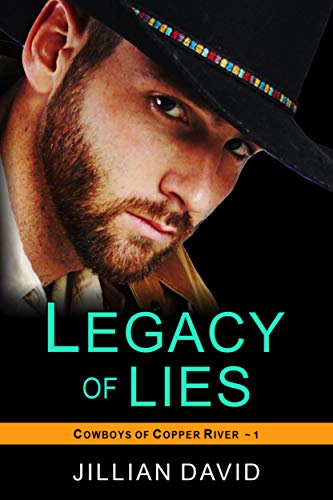







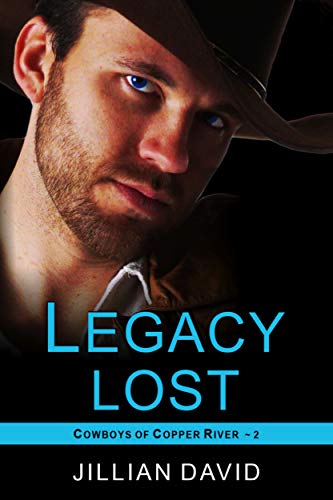
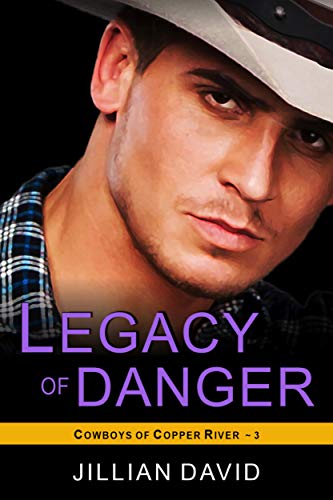
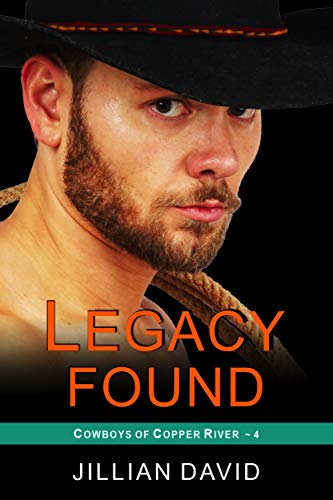



 RSS Feed
RSS Feed